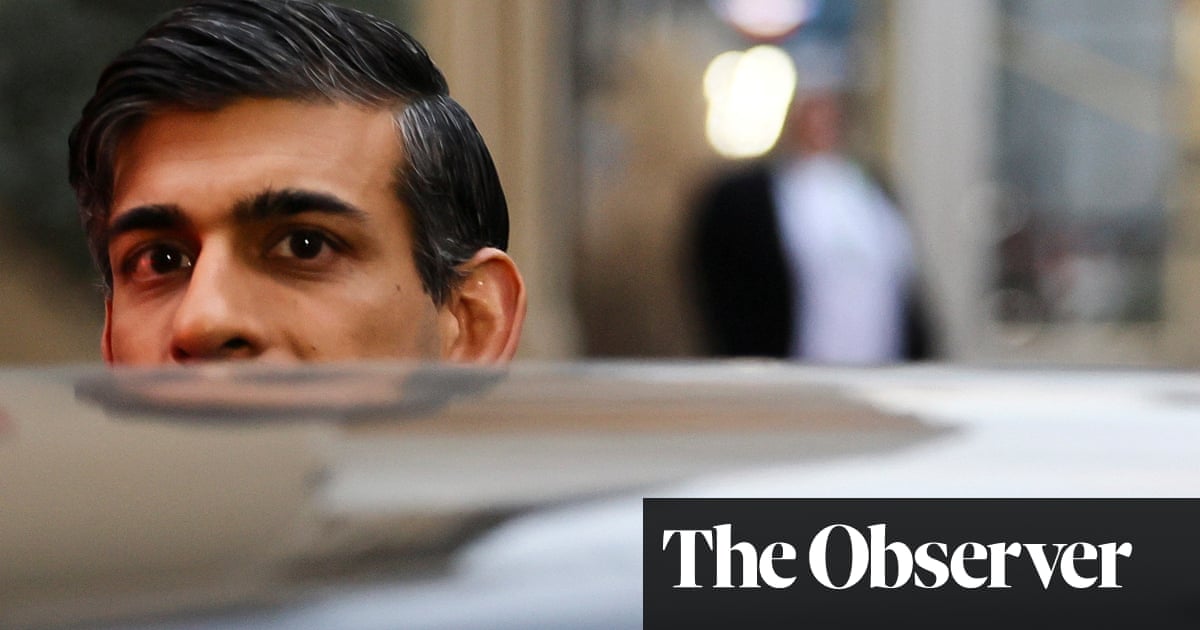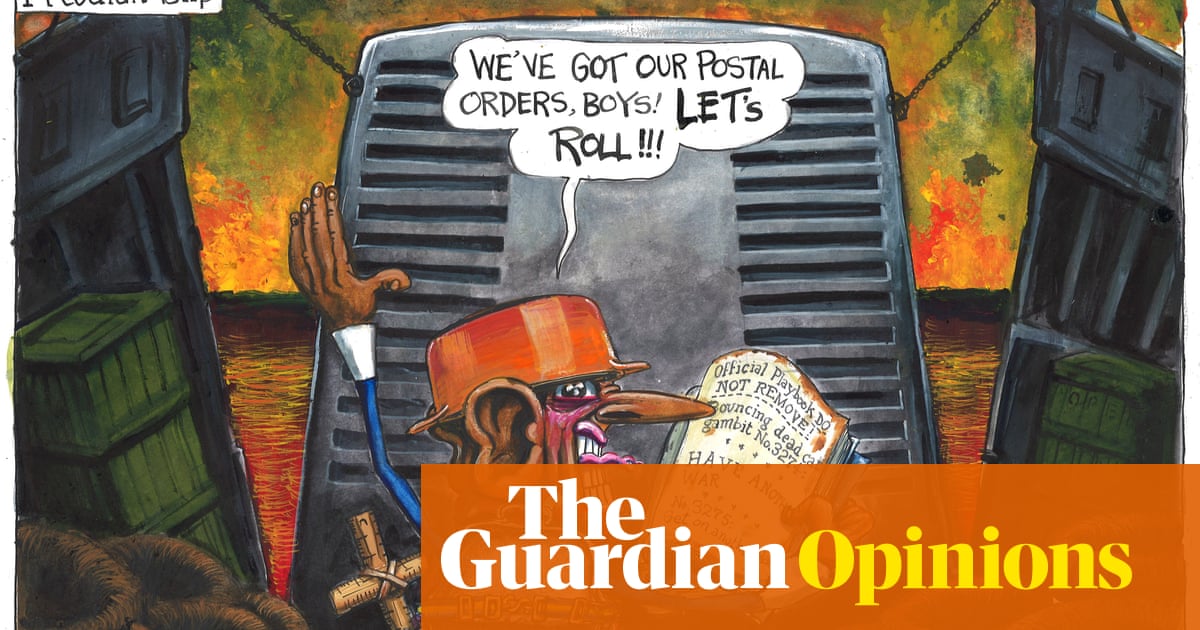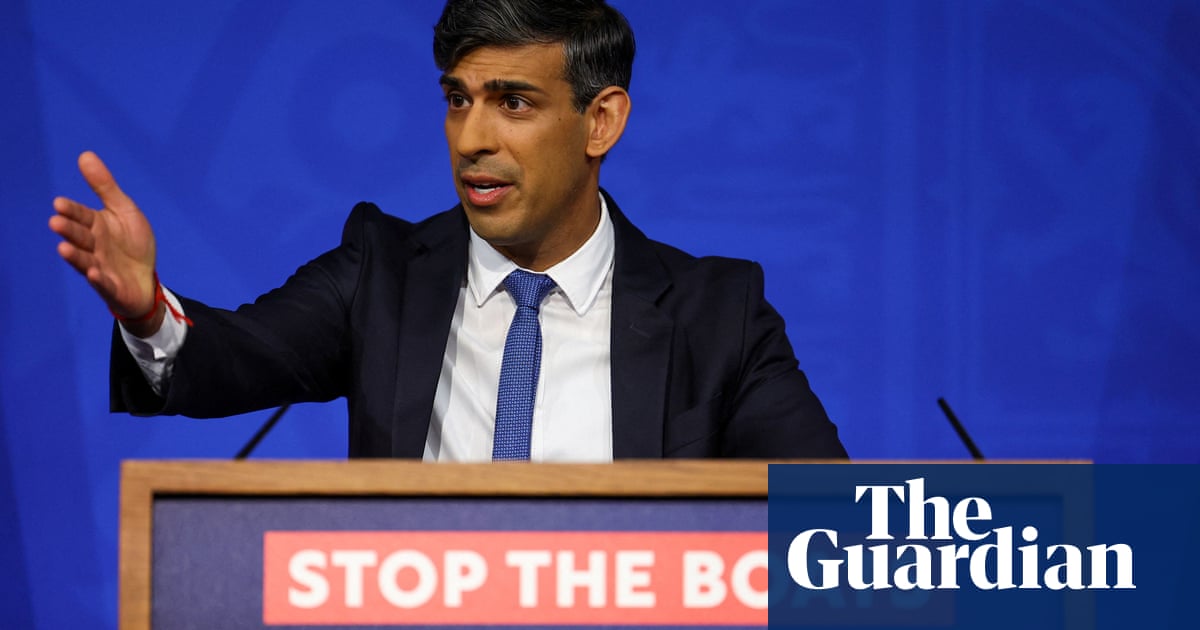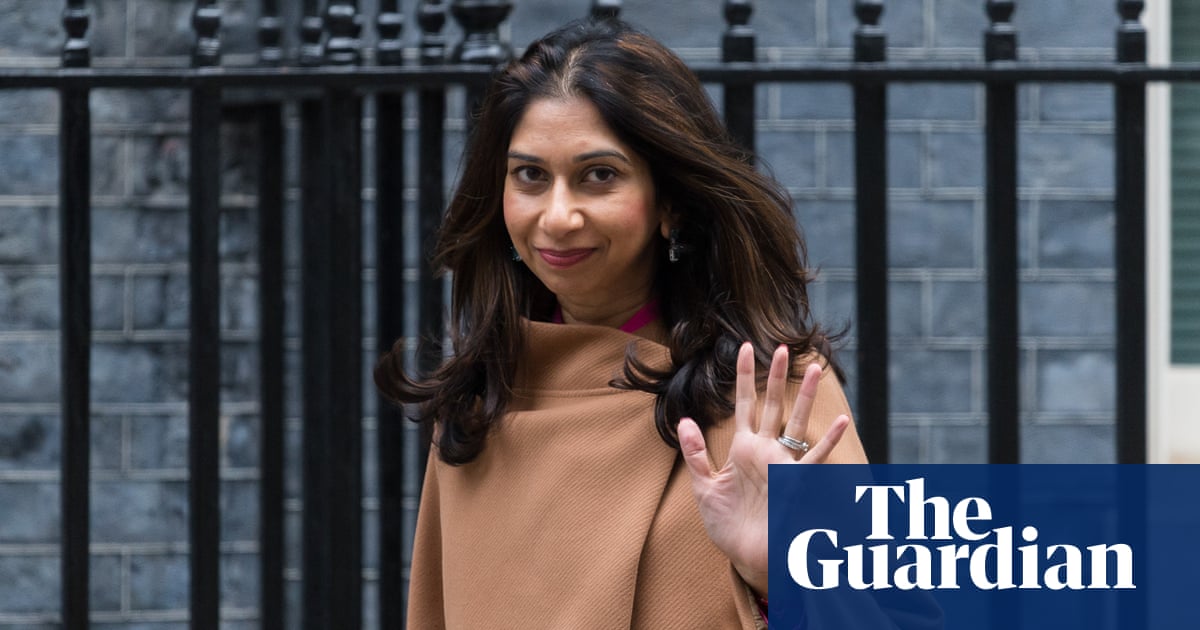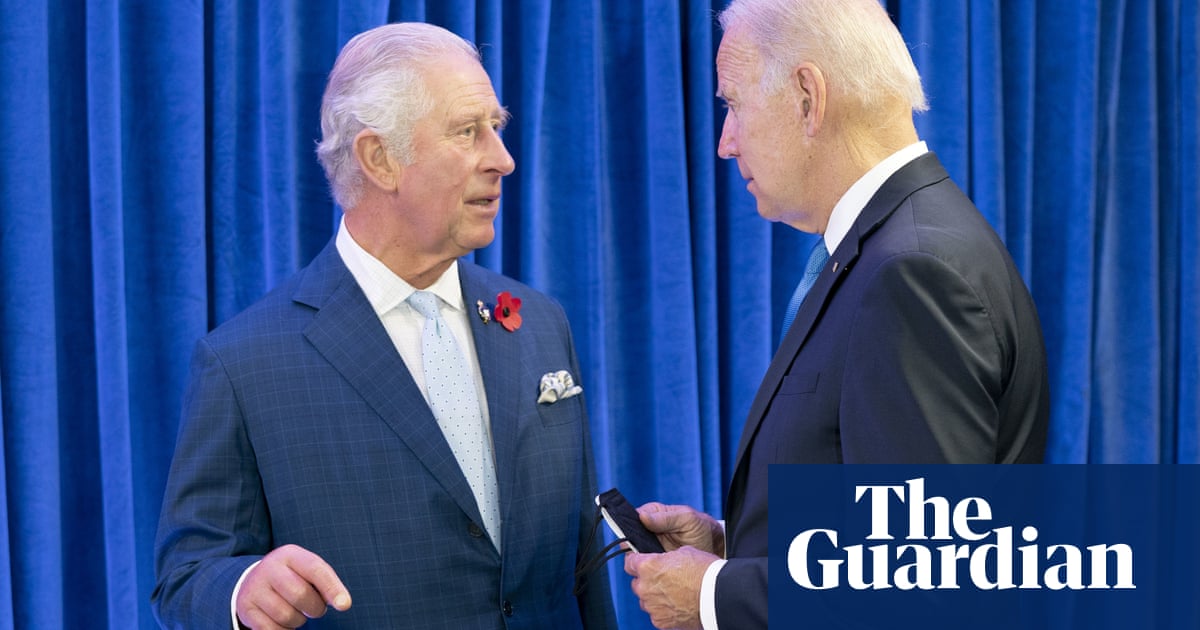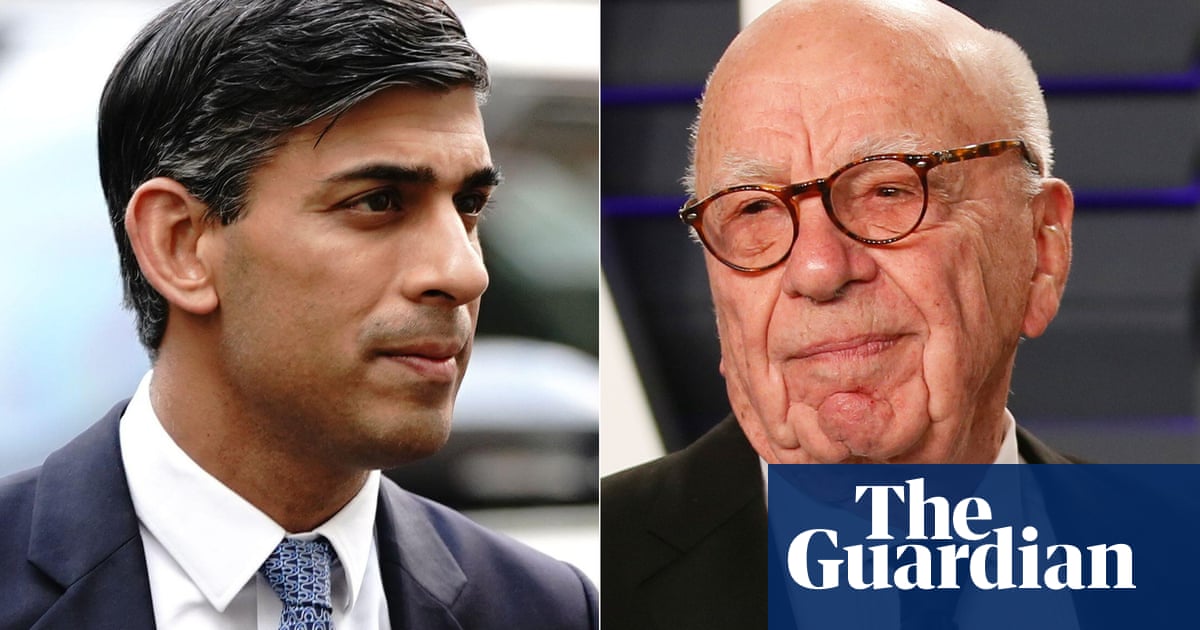
The media mogul Rupert Murdoch met Rishi Sunak five times over a 12-month period before he stepped down as the chair of News Corp in September last year, according to government records.
Official records of government meetings, analysed by the campaign group Hacked Off, show that the former head of News Corp – which owns the Times and the Sun newspapers in the UK – personally met government representatives 12 times between October 2022 and September 2023, including five meetings with the prime minister.
These include a dinner in December 2022 and a meeting the following day with Robert Thomson, the CEO of News Corp, Rebekah Brooks, the CEO of News UK, the Times editor Tony Gallagher, former Sunday Times editor Emma Tucker and Sun editor Victoria Newton to “discuss the PM’s priorities”.
The two men then met again in May 2023 for a “politician discussion” and again in June for the Times CEO summit and subsequent party, and in September last year for a “social meeting”. There are no publicly available minutes of the meetings.
Previous Hacked Off analysis found that Rupert Murdoch had met ministers five times in 2018 and 2019 and had met Boris Johnson three times during that period.
The actor and Hacked Off campaigner Hugh Grant, whose damages claim against the Sun publisher News Group Newspapers (a subsidiary of News Corp) is expected to go to trial next year, called for an end to “secretive” meetings between media barons and the government, after the records showed that there were 534 meetings between the press and the government over a 12-month period.
“Britain deserves politicians who will govern with integrity and in the interests of the British people, not take their lines from Murdoch and other unelected newspaper owners in secretive meetings,” he said.
“This government’s subservience to the press is pathetic and a betrayal of the public. We need to clean up our politics, starting with the undignified and undemocratic mutual back-scratching between politicians and the press which has gone on for the last nine years.”
Hacked Off, which has campaigned for tighter regulation of the British media, said the government had ignored recommendations made after the Leveson inquiry, set up following public outcry about the hacking scandal exposed by the Guardian in 2011. Sir Brian Leveson said the detail of any media policy matters discussed at meetings with ministers should be published.
Hacked Off’s analysis of the most recent data on ministerial meetings reveals that 72% of all meetings were with the right-of-centre press (defined by the organisation as the Mail, Sun, Times, News UK, Express and Telegraph) while 5% were with the left-of-centre press (defined as the Guardian and Mirror).
Press meetings with Murdoch-owned publications accounted for 40% of the total, while the Telegraph accounted for 19%. Meetings between the government and the Guardian accounted for 3% of the total.
The records also show that on 29 March last year when the government published the draft media bill, the culture secretary, Lucy Frazer, had phone calls with the editors of the Mail, the Sun and the Times.
The bill – which aims to reform the regulation of public service broadcasting, radio and online streaming – also rolls back a rule that could have required news outlets to pay the costs of the people who sue them unless the news outlet is signed up to a state-backed press regulator, one of the key recommendations of the Leveson inquiry.
Nathan Sparkes, the chief executive of Hacked Off, said the repeal of section 40 of the Crime and Courts Act amounted to a rolling back of Leveson, which he described as “a cynical attempt to win favour with certain newspapers and to try to salvage a result at the next election”. He said: “This is a government which has no regard for the interests of the public and is desperate to hang on to power at all costs.”
A government spokesperson said all ministerial meetings were declared under the usual transparency processes.
The spokesperson said: “We are also committed to a free and independent press, and the media bill’s provisions to repeal section 40 of the Crime and Courts Act will safeguard the future of public interest journalism in the UK.”




